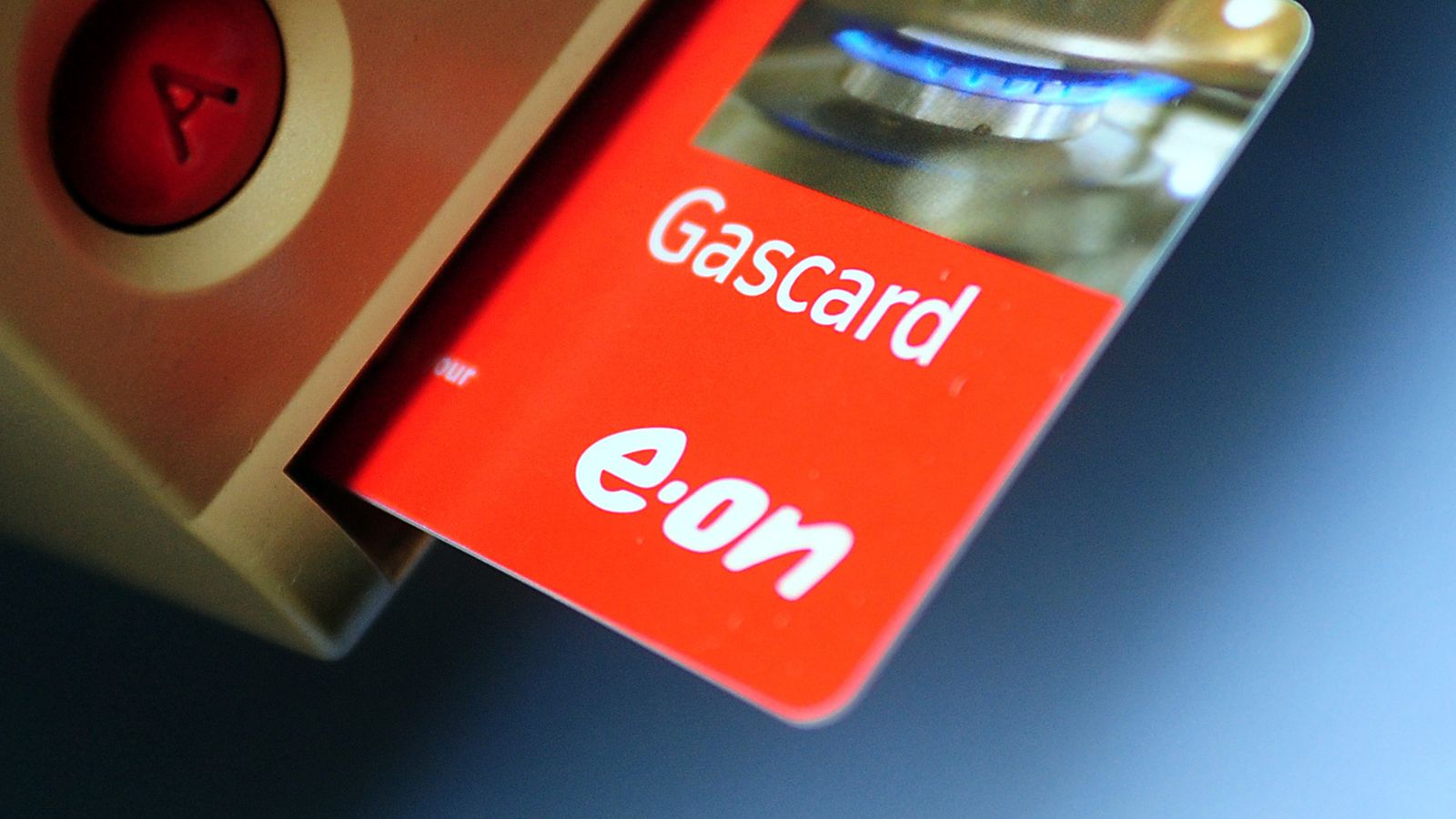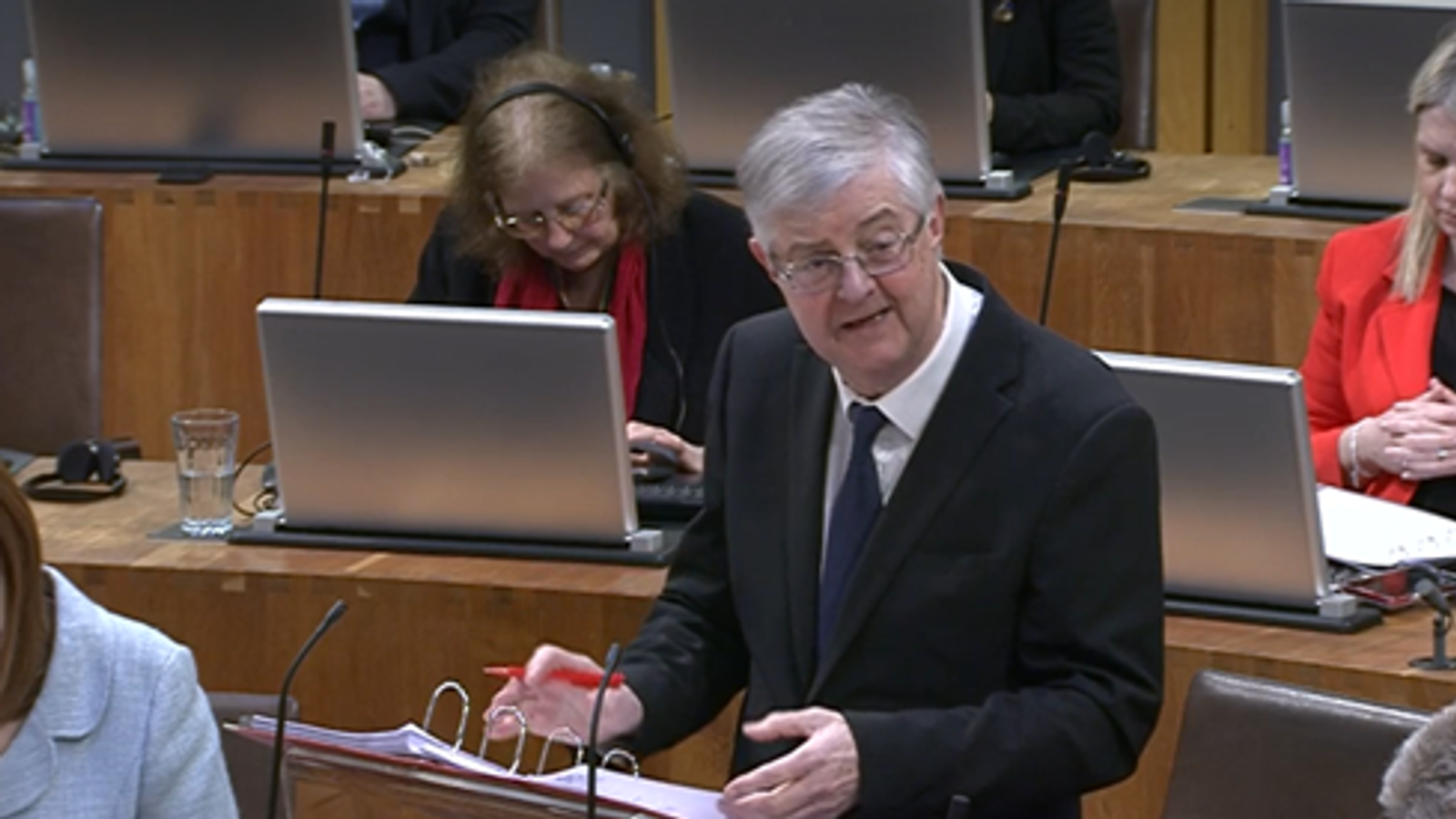More than 94,000 prepayment meters were installed in homes in Britain throughout 2022, government figures show.
The meters were installed by energy providers such as British Gas, Scottish Power and OVO Energy using court-sought warrants and without customer consent.
Those three providers were behind 70% of installations, the government said, and fitted 66,187 devices under warrant.
The practice of forced installation attracted widespread condemnation and the energy regulator Ofgem began an investigation. A temporary pause in forced installation, up the end of March, was announced by the regulator.
Please use Chrome browser for a more accessible video player
It was prompted by an undercover investigation by The Times, which showed agents for supplier British Gas breaking into customers’ homes, including vulnerable households.
Prepayment meters are pay as you devices that require top up payments to provide gas and electricity to a household. If payments are not made no power is supplied. Meter energy payments are more expensive than bill payments, something the Chancellor Jeremy Hunt said would end in July.
Energy providers install the meters to customers who were in debt to avoid them amassing higher bills.
Dates revealed for when millions will receive cost of living payments
Spending on subscriptions, dating and DIY falls as people rely on credit cards to pay for essentials, analysis finds
Millions of mobile phone and internet users could be paying 17.3% more on their bills this time next week
Be the first to get Breaking News
Install the Sky News app for free
Energy Secretary Grant Shapps said: “Today’s figures give a clear and horrifying picture of just how widespread the forced installation of prepayment meters had become, with last year seeing an average of over 7,500 force-fitted a month.”
Mr Shapps has not supported a blanket ban on prepayment meters.
“Prepayment meters are right for some people”, he said.
“I do not want to ban them outright, but I do have concerns that companies have not been treating their customers fairly, over an already difficult winter during which the government has tried to help families by paying around half the energy bill of the average household”.











